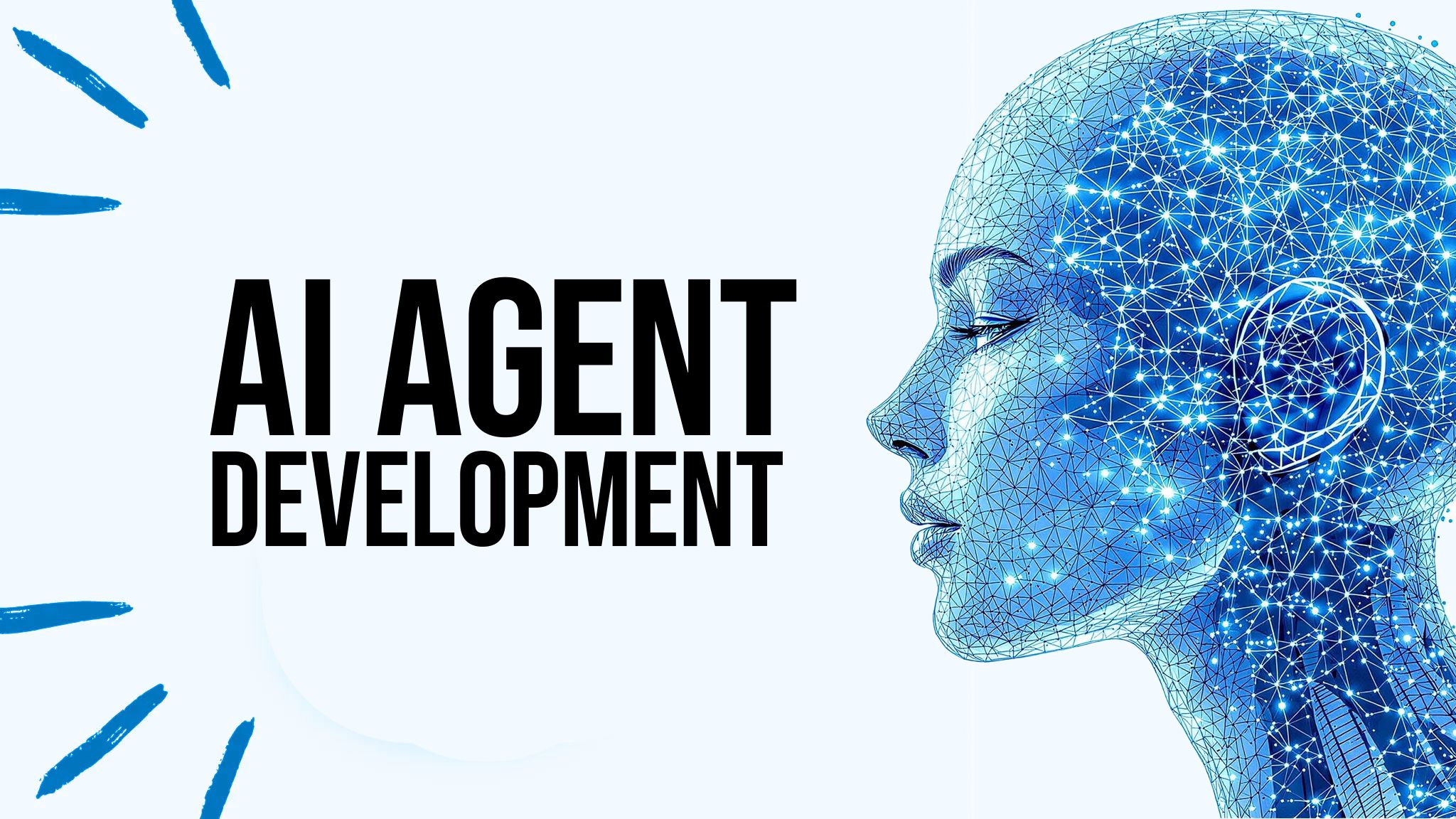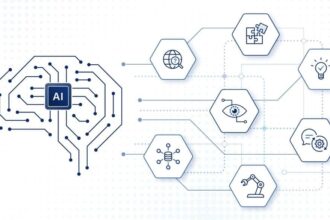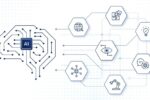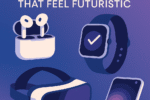Artificial intelligence has come a long way from simple chatbots and scripted voice assistants. In 2025, the conversation has shifted toward AI agents—autonomous systems capable of planning, learning, and executing complex tasks across multiple platforms. Unlike apps that serve a single function or assistants like Siri and Alexa that wait for direct commands, AI agents can act proactively, coordinate across tools, and achieve goals independently.
This raises a critical question: are AI agents the future, and will they replace the apps and assistants we rely on today?
What Exactly Are AI Agents?
AI agents go beyond responding to commands. They operate on three key principles:
- Autonomy – They can act without constant human input.
- Goal-orientation – Instead of completing a single task, they work toward broader objectives.
- Adaptability – They learn from feedback, user behavior, and context.
For example, while a traditional assistant might schedule a meeting when asked, an AI agent could:
- Identify the best time based on everyone’s calendars.
- Book a venue or virtual room.
- Reschedule if conflicts arise.
- Send follow-ups automatically.
From Apps to Agents: A Paradigm Shift
Apps are siloed, requiring users to manage workflows manually across different platforms. Assistants like Siri or Alexa helped bridge that gap, but they remain limited—mostly voice-activated shortcuts.
AI agents represent a paradigm shift:
- Instead of opening five apps to plan a trip, an agent could research flights, compare hotels, book reservations, and create an itinerary.
- Instead of juggling spreadsheets, a business AI agent could pull sales data, generate insights, and draft a client presentation.
This shift mirrors the move from “app-centric computing” to “goal-centric computing.”
Why AI Agents Are Rising Now
Several factors explain why AI agents are gaining traction in 2025:
- Advances in Large Language Models (LLMs): Foundation models now handle reasoning, context, and long workflows.
- Tool Integration: APIs allow agents to connect across apps like Google Workspace, Slack, Notion, and financial systems.
- Cheaper Compute: Cloud infrastructure and optimized chips have reduced the cost of running complex AI systems.
- Consumer Demand: People are overwhelmed by app overload—seeking simpler, unified experiences.
Potential Benefits of AI Agents
1. Productivity Boost
Agents reduce “app fatigue” by automating multi-step workflows.
2. Personalization
They learn your preferences, style, and context, creating tailored experiences.
3. Proactivity
Agents don’t just wait for instructions—they anticipate needs (e.g., reminding you of bills, prepping documents for meetings).
4. Accessibility
For users less tech-savvy, agents simplify complex tasks into conversational requests.
Challenges and Risks
Of course, the rise of AI agents isn’t without hurdles.
- Trust & Transparency: If an agent books a flight, how do you know it chose the best option?
- Privacy & Data Security: Agents require deep access to calendars, emails, and financial accounts.
- Over-reliance: Outsourcing too much could erode human skills in decision-making and planning.
- Regulation: As with all AI, governments are developing rules around autonomy, accountability, and bias.
Will They Replace Apps and Assistants?
It’s unlikely that AI agents will fully replace apps and assistants in the near term. Instead, they’ll sit on top of them—coordinating, streamlining, and making them smarter. Think of AI agents as conductors of an orchestra of apps, rather than replacements for every instrument.
That said, over time, we may see fewer standalone apps as agents absorb core functions and deliver results in a single, conversational interface. Just as smartphones consolidated dozens of devices, AI agents could consolidate dozens of apps.
The Future Outlook
- Short term (1–3 years): AI agents will coexist with apps, serving as integration layers.
- Medium term (3–5 years): Businesses adopt agents widely for operations, customer support, and sales.
- Long term (5–10 years): Agents may evolve into the primary interface for digital life, with apps fading into the background.
Key Takeaways
- AI agents represent a shift from apps and assistants to proactive, goal-oriented digital partners.
- They promise productivity, personalization, and proactivity—but raise issues of trust, privacy, and over-reliance.
- Apps won’t disappear overnight, but AI agents could become the dominant interface in both work and personal life.
- The winners of this shift will be those who learn to collaborate with agents effectively.








